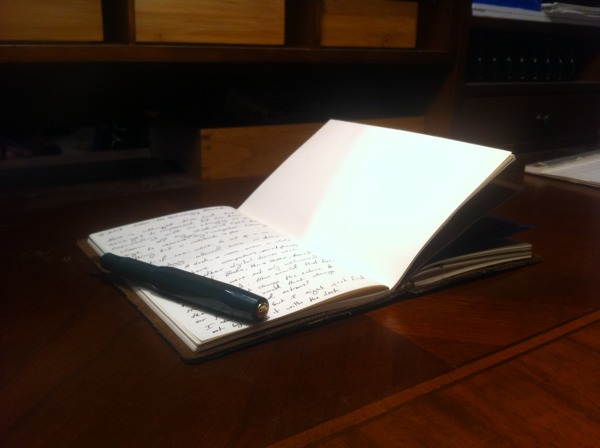Derek Sivers: Weird, or just different? | Video on TED.com.
I’ve been long fascinated by the thought that ideas only have value if there is agreement on them. In other words, that it is such agreement that really gives ideas true meaning.
The video is an excellent example of this. How something that has meaning in this country (a street name) does not have meaning in another simply because there is not agreement on the basic idea itself. In this case, that streets should have names.
Another example is the idea, the concept, of money. If you have a dollar and try to exchange it with me for something that is worth a dollar, the only way it can work is if we both agree on the value, the very idea, of what a dollar is worth. Furthermore, that dollars value to me is largely predicated on my faith that I can get someone else to agree to it’s value too. Entire economies have collapsed due to the failure of such agreements.
In order for us to have a discussion on the color of the sky, we first must agree on the name of that color (blue). If I decide that color should be called red, well, we have a fundamental flaw at the premise of our discussion. And if I call it red and everyone else calls it blue then, well, my ideas about the color of the sky will be written off as that of a crazy person. But, if I can convince everyone else to call it red, well, while the color of the sky has not changed the person still calling it blue will be in the wrong and not to be trusted.
The point here is that we must have some patience when discussing ideas. That in order to tackle a big problem or dispute it is important to get to the root of an idea and come to some fundamental agreements and understandings. It could be that the real problem is that we are talking about two different ideas entirely. That, by finding agreement on the idea itself, we may find that figuring out the rest is easy.
I’m a full-time independent writer who works hard to bring you quality ideas here daily. If you enjoy what you read and find agreement here, please consider a free will donation of any amount.
